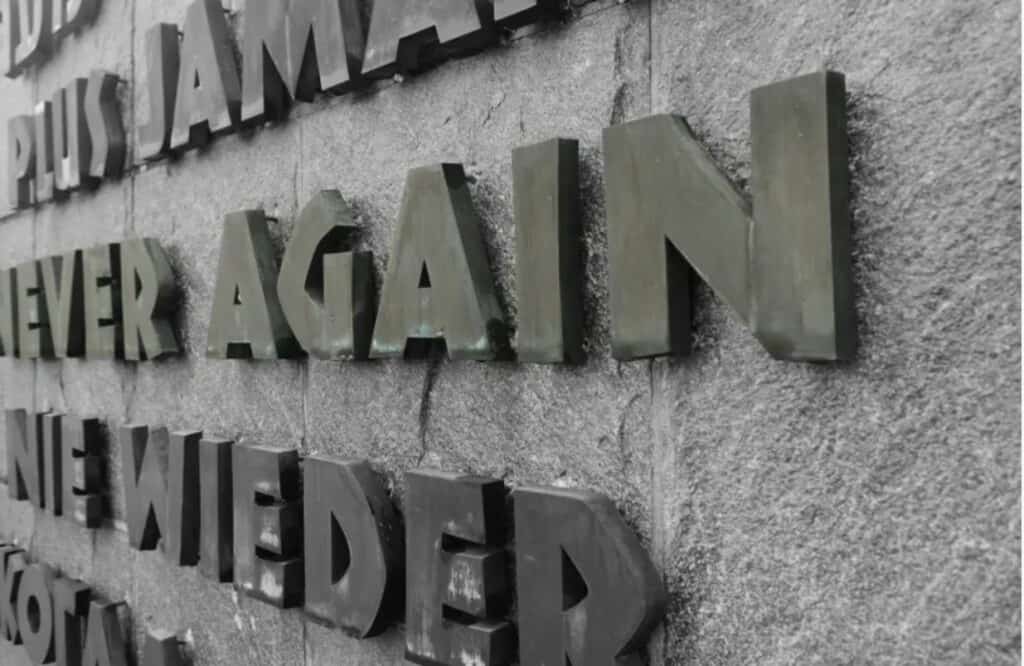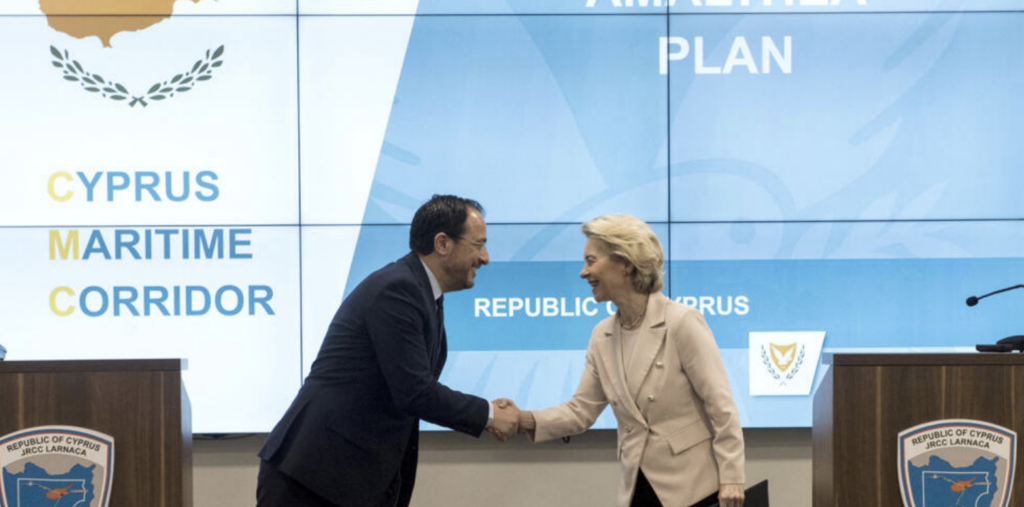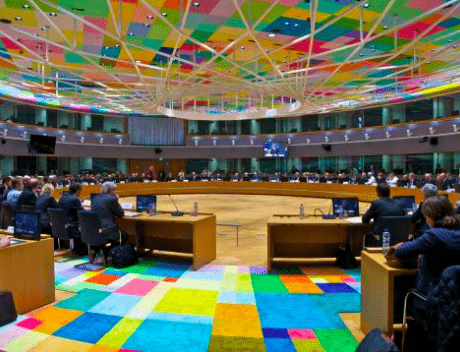Ancient Jewish cemetery in Worms, Germany vandalized, with dozens of graves shattered and desecrated.
The Jewish community in Germany is in shock after unknown individuals vandalized and desecrated dozens of gravestones in the ancient Jewish cemetery in the city of Worms, leaving many of the grave markers shattered.
Thousands of Jewish worshipers visit the Jewish cemetery every year, considered one of the oldest in Europe. Among the desecrated tombs was also the tomb of the Maharam of Rothenburg who served as one of the chief Ashkenazi rabbis in the Middle Ages (1220-1293).
Rabbi Menachem Margolin, Chairman of the European Jewish Association, and the Rabbinical Center of Europe, condemned the ongoing rise of anti-Semitism across the continent.
“There is no doubt that the corona crisis has brought with it a sharp rise in antisemitic discourse on the Internet, and now that most of the closures have been lifted, we unfortunately see how the toxic discourse on social media is turning into physical attacks on Jewish institutions and symbols. “We expect the German government to act swiftly not only to renovate the cemetery but to formally declare the acceptance of the comprehensive program to combat anti-Semitism that that we initiated, which includes a substantial change in the curriculum in the state education system.”
Rabbi Joseph Havlin, the head of the Frankfurt court near Worms, expressed shock at the desecration of the cemetery, noting: “We are witnessing, and not for the first time, desecration of German cemeteries alongside a disturbing rise in anti-Semitism in the entire public sphere. We call on the German government to declare an uncompromising fight against anti-Semitism to ensure that such acts do not repeat.”
The article was published in Arutz 7
“We are now very close to opening this corridor, hopefully this Saturday-Sunday and I’m very glad to see an initial pilot will be launched today,” said European Commission Ursula von der Leyen a visit to Cyprus where she met Cypriot President Nikos Christodoulides.
Israel on Friday welcomed the inauguration of a maritime corridor from Cyprus to the Gaza Strip.
‘’The Cypriot initiative will allow the increase of humanitarian aid to the Gaza Strip, after security checks are carried out in accordance with Israeli standards,’’ a satement from the Israeli foreign mionistry said.
‘’Israel will continue to facilitate the transfer of humanitarian aid to the residents of the Gaza Strip in accordance with the rules of war and in coordination with the United States and our allies around the world.’’
The statement added that Israel ‘’will continue the fight against Hamas — an organization that calls for the destruction of the State of Israel and carried out the 7 October massacre — until its elimination and the return of all the hostages.’’
‘’It is very important that additional countries join the Cypriot initiative and the international effort to transfer aid,’’ the foreign ministry said.
On the same day, the European Commission, Germany, Greece, Italy, the Netherlands, the Republic of Cyprus, the United Arab Emirates, the United Kingdom, and the United States announce their intent to open a maritime corridor ‘’to deliver much-needed additional amounts of humanitarian assistance by sea.’’
‘’The humanitarian situation in Gaza is dire, with innocent Palestinian families and children desperate for basic necessities,’’ they said in a joint statement.
“We are launching this Cyprus maritime corridor together, the European Union, the United Arab Emirates, and the United States,” Von der Leyen said after a visit to facilities in Cyprus.
“We are now very close to opening this corridor, hopefully this Saturday-Sunday and I’m very glad to see an initial pilot will be launched today,” said European Commission Ursula von der Leyen a visit to Cyprus where she met Cypriot President Nikos Christodoulides.
“The maritime corridor can make a real difference to the plight of the Palestinian people, but in parallel, our efforts to provide humanitarian assistance through all possible routes will continue,” she said in a joint press conference in Larnaca.
The sea corridor is due to formally open this weekend, with a first pilot operation to leave either on Satrday or Sunday, when the right conditions are in place.
It comes just hours after US. President Biden announced in his annual State of the Union speech that the US will set up a port on the Gaza coast to ramp up the delivery of lifesaving aid.














